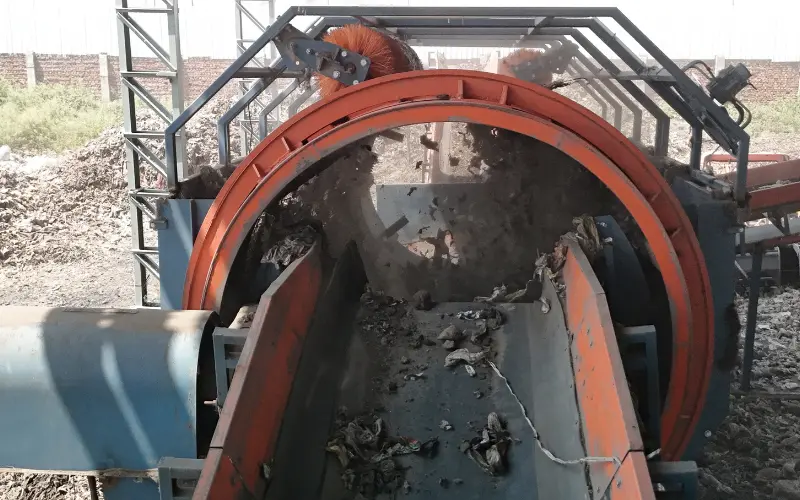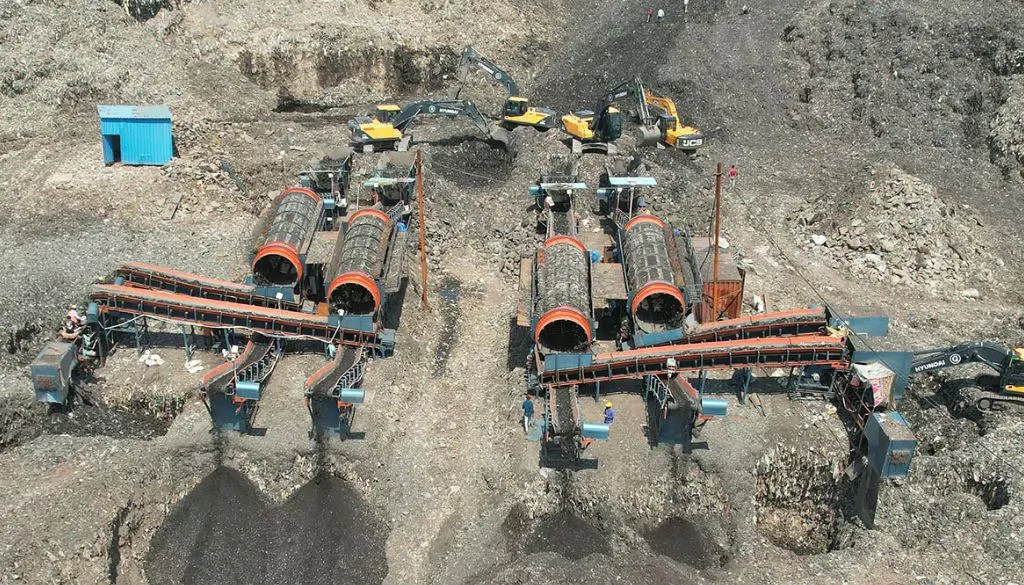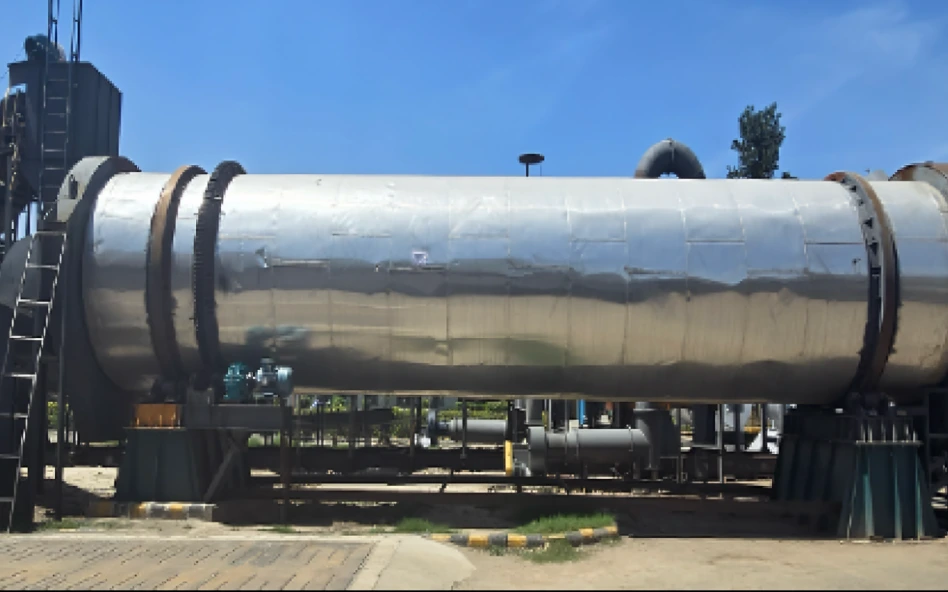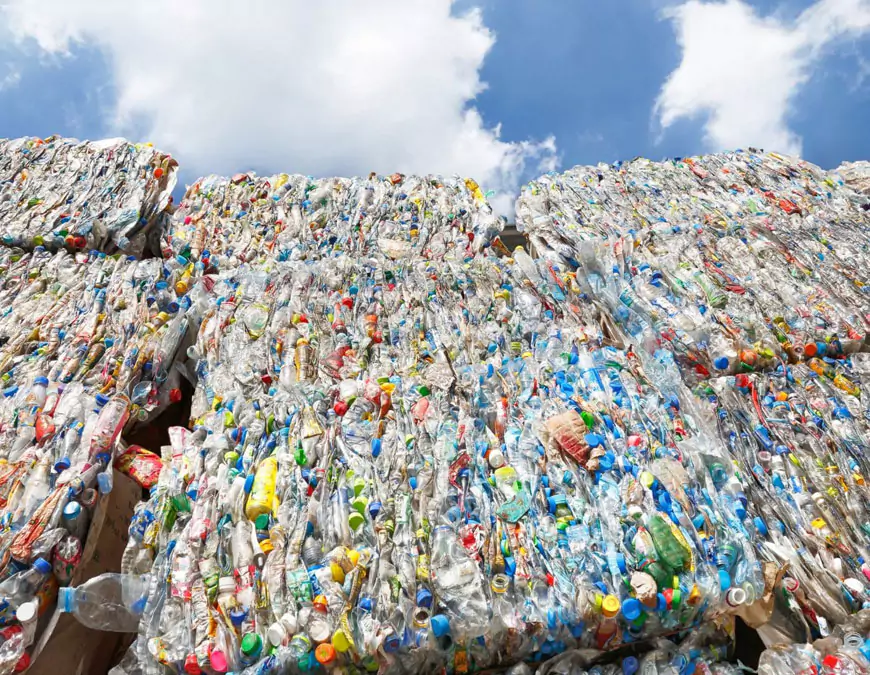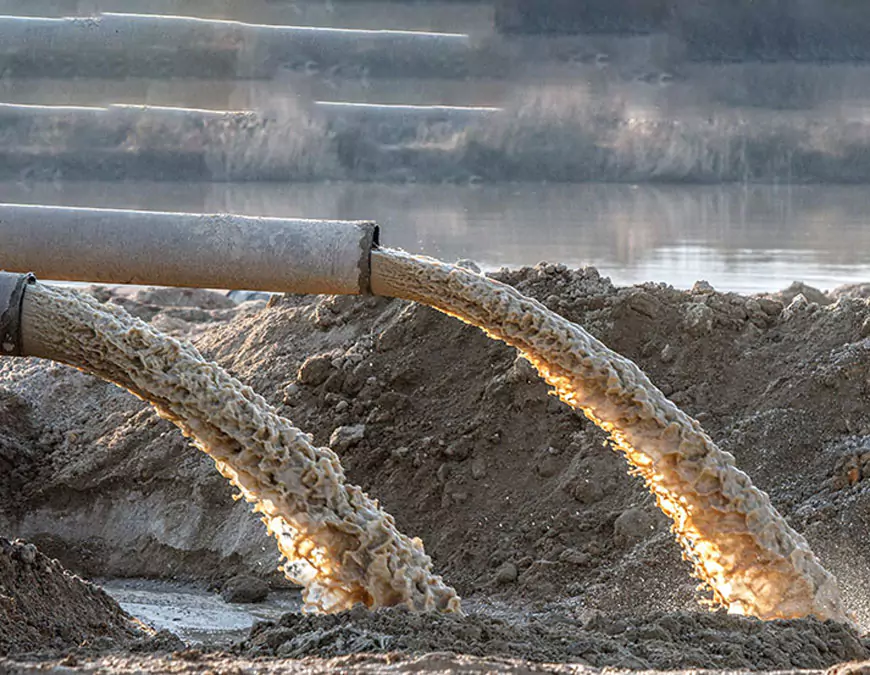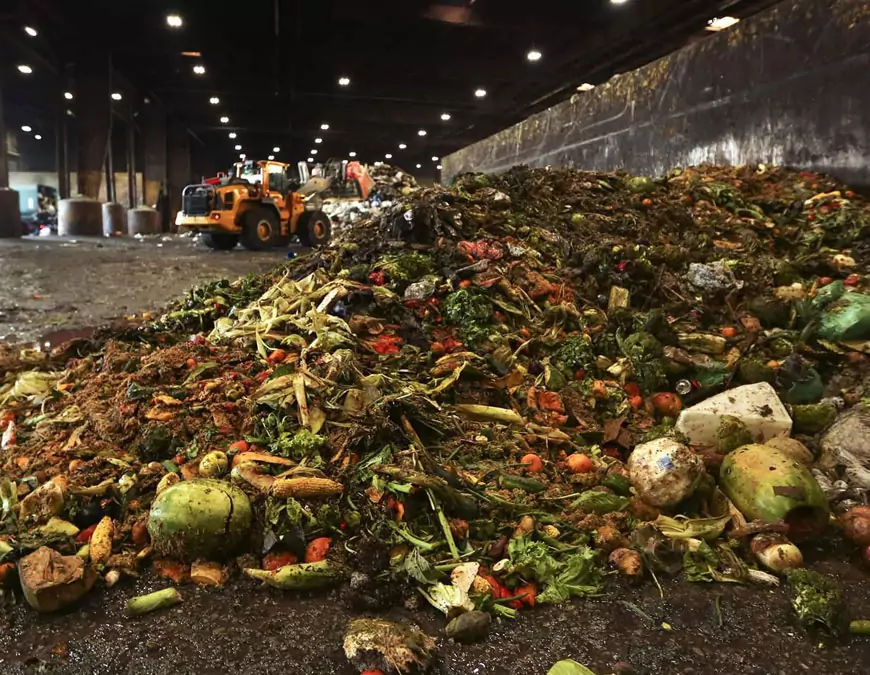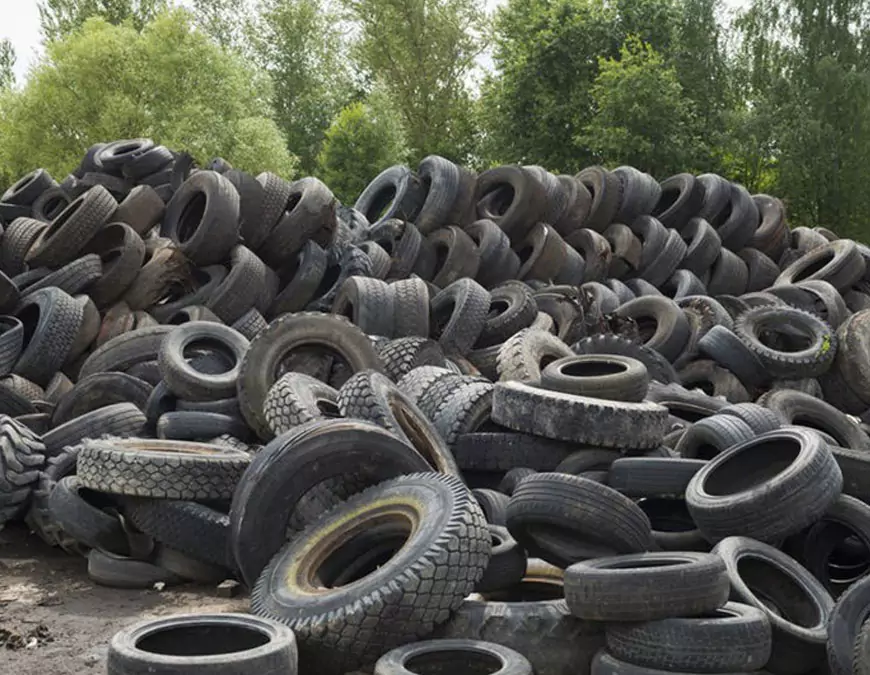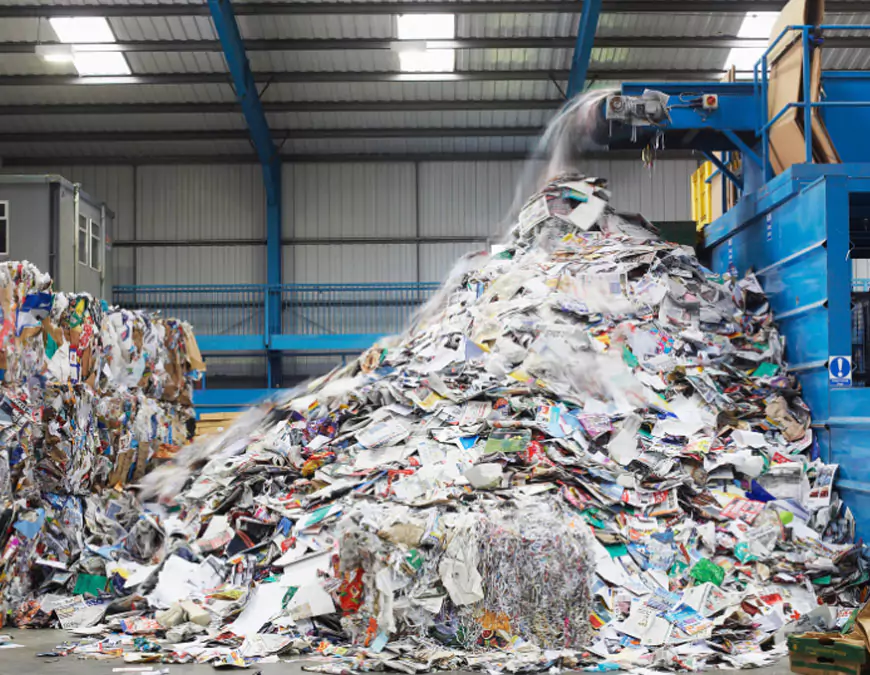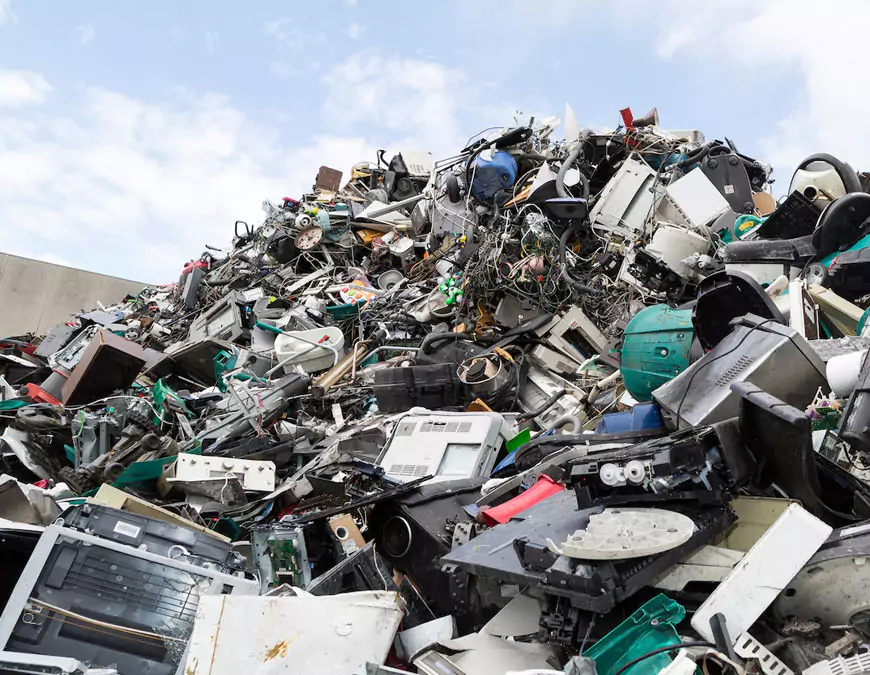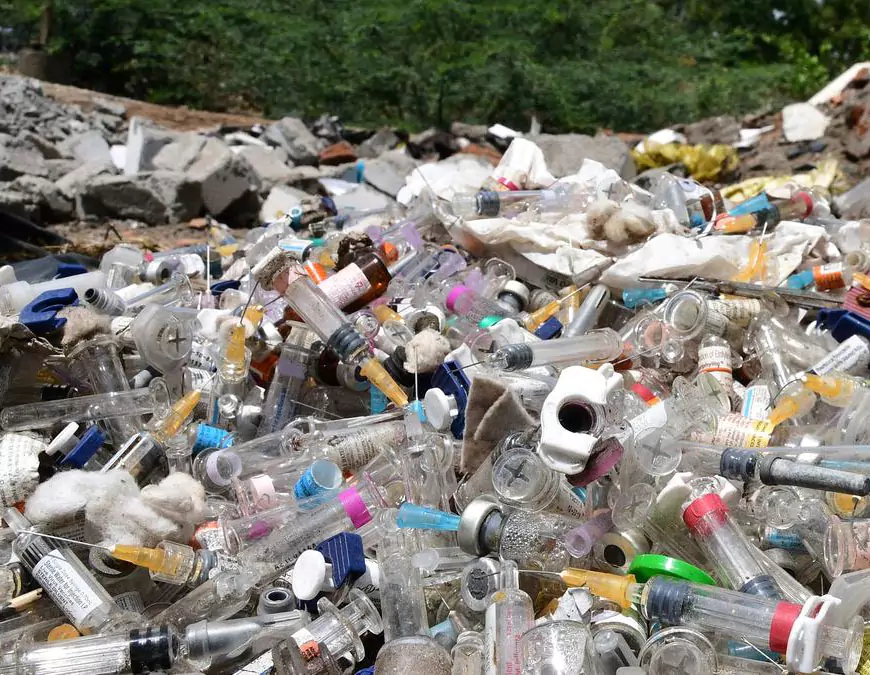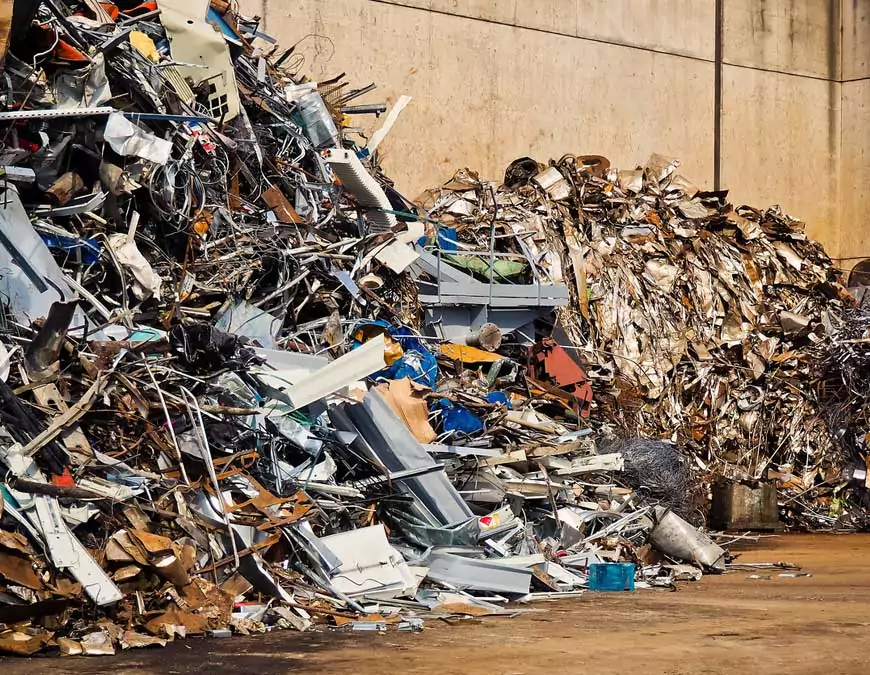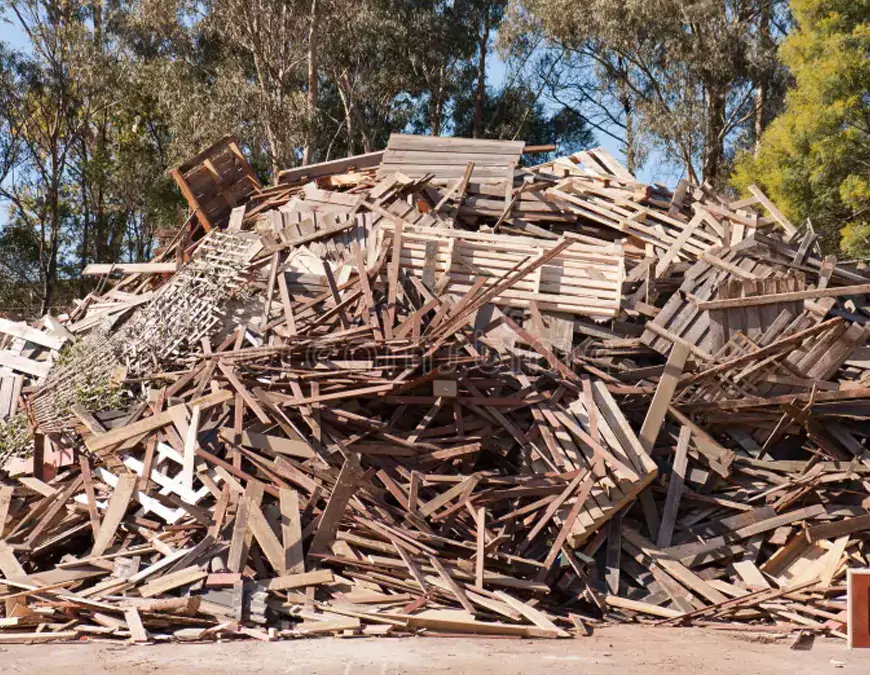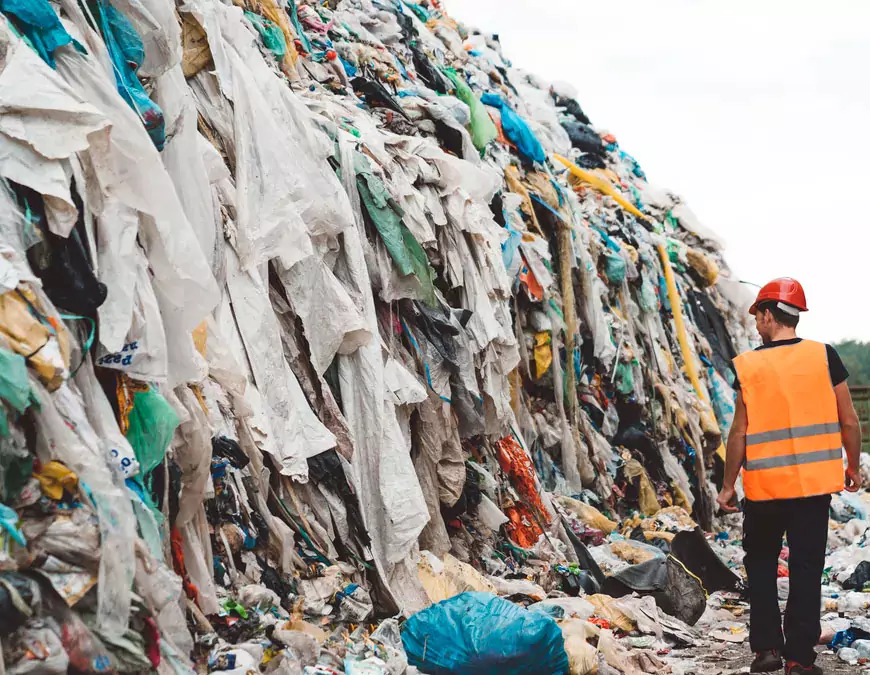Composition of Landfills
Landfills typically consist of complex waste categories, each requiring specific treatment strategies:
- Hazardous Waste: This includes harmful substances like asbestos, lead, industrial chemicals, and medical residues that pose significant health and environmental risks if left untreated.
- Industrial Waste: Often found in abandoned factory zones, this waste includes machinery scraps, chemical byproducts, and obsolete equipment, all of which demand careful and regulated handling.
- Construction & Demolition Debris: Bricks, metals, concrete fragments, and other building materials often fill up landfill space and need to be separated for either recycling or safe disposal.
- Contaminated Soil: Long-term exposure to industrial chemicals or oil spills can leave large sections of land unusable without soil decontamination and treatment.
- Plastic Waste: Non-biodegradable plastics that have accumulated over the years can block drainage systems, release microplastics, and severely harm biodiversity.
- Organic waste: Comprising food scraps, garden waste, and other biodegradable materials, this waste generates methane during decomposition and contributes to greenhouse gas emissions if not composted properly.
Importance of Landfill Management
Effectively managing legacy landfills delivers long-term benefits for communities and the environment:
- Environmental Protection: Prevents leachate formation and stops toxic substances from polluting surrounding soil and water bodies, thus preserving ecosystems.
- Public Health Safety: Reduces community exposure to airborne toxins, groundwater pollution, and disease vectors often associated with unmanaged waste piles.
- Regulatory Compliance: Helps industries and municipalities meet national and international waste management guidelines, avoiding penalties and legal complications.
- Urban Reuse: Once cleared and remediated, land previously used for dumping can be safely redeveloped for infrastructure, agriculture, or green zones.
Key Components of Landfill Management
At Alfa Therm Limited, we approach landfill management using five essential pillars that ensure safe waste handling and recovery.
Pre-Stabilization
The legacy waste is first converted into equal-sized windrows and turned frequently, along with spraying of bio-culture & deodorizer.
Management
Our dedicated control centre monitors all plant operations in real-time, ensuring seamless coordination.
Our Landfill Management Solutions
Benefits of Landfill Remediation
- Cleaner Environment – Land recovery and reduced pollution
- Safer Communities – Reduced exposure of neighbourhoods and cities to hazardous waste
- Valuable Resource Recovery – Metals, fuel, soil, and compost from waste
- Cost-Efficient – Reduce long-term waste disposal and land use costs

Our Projects
Other Industries We Serve
Struggling with Waste Management challenges?


